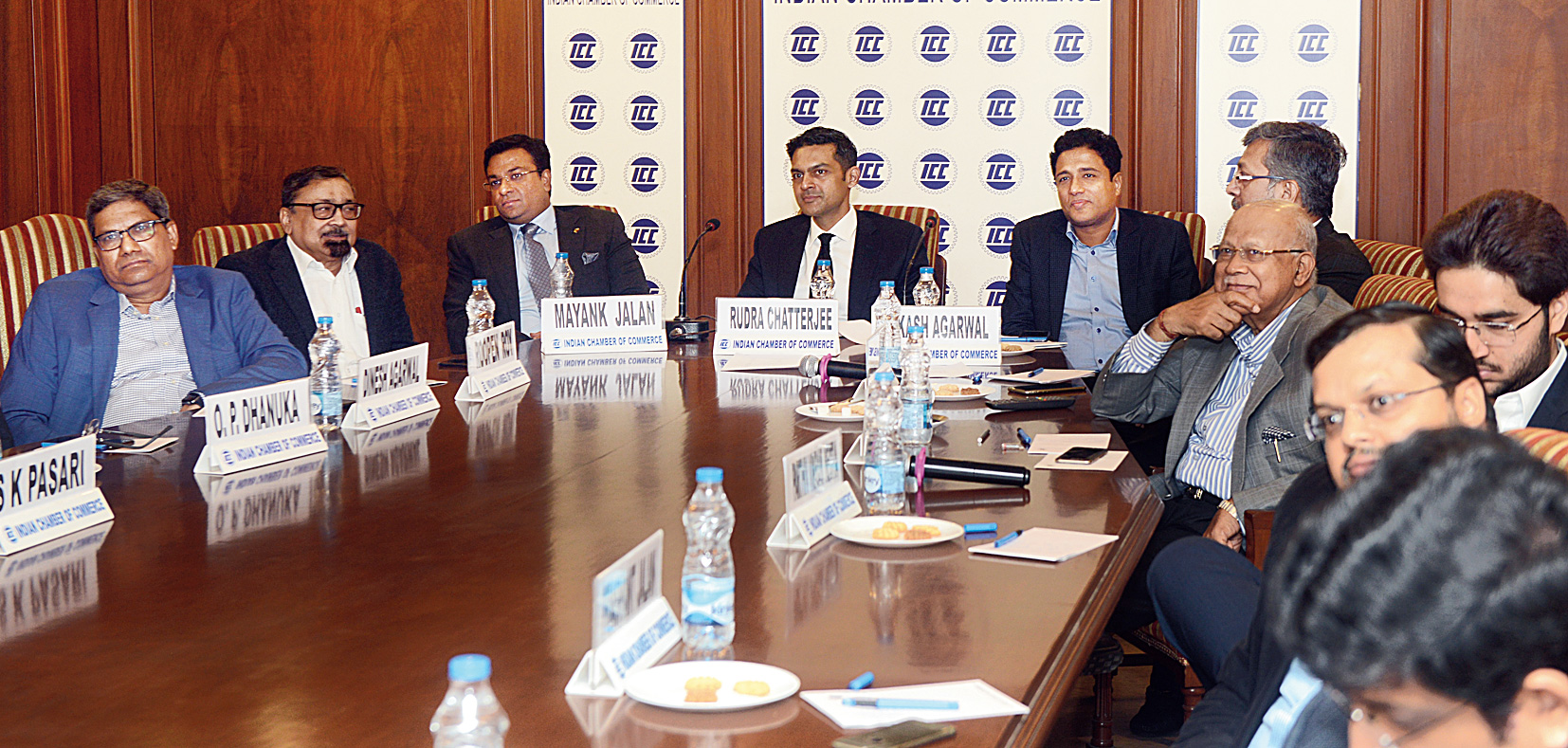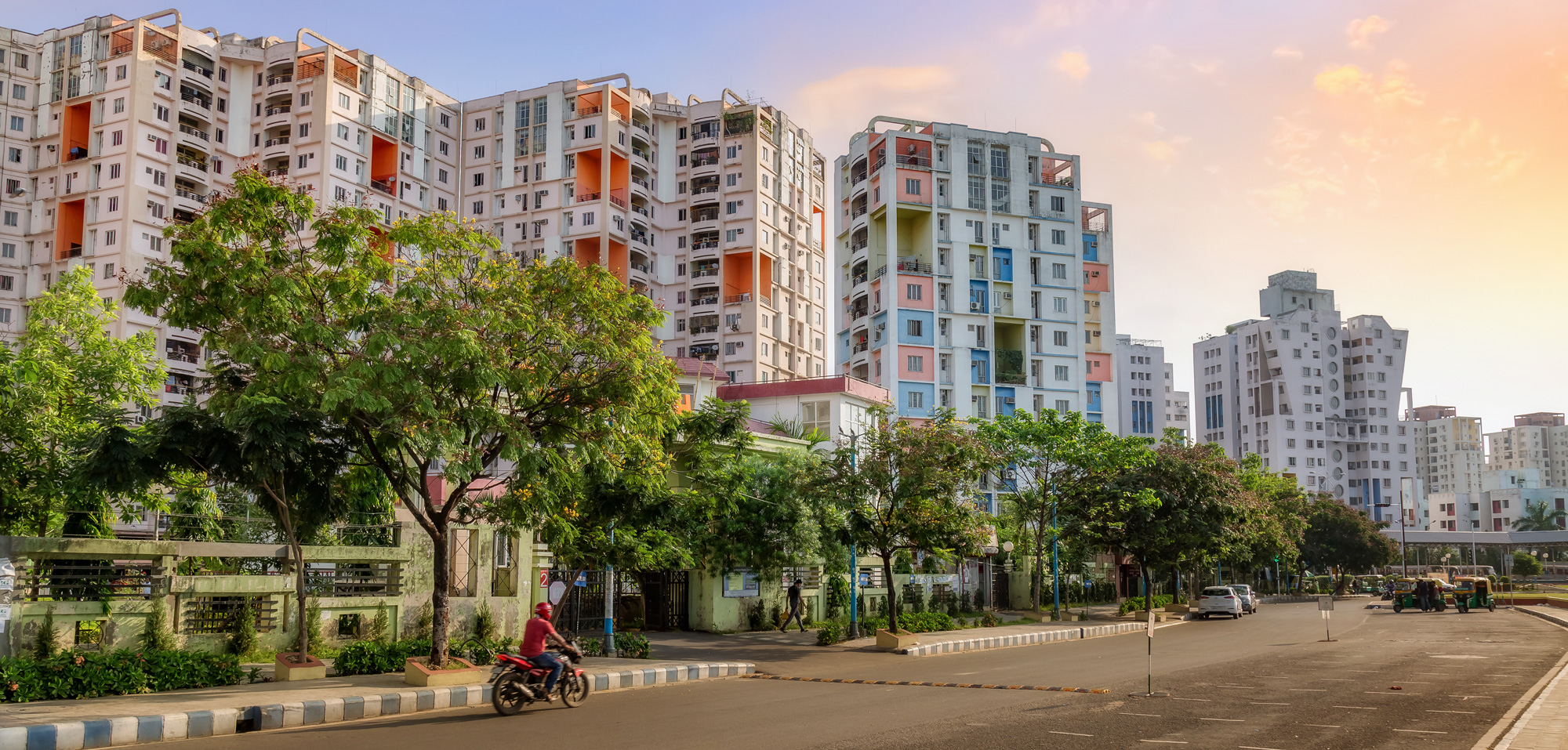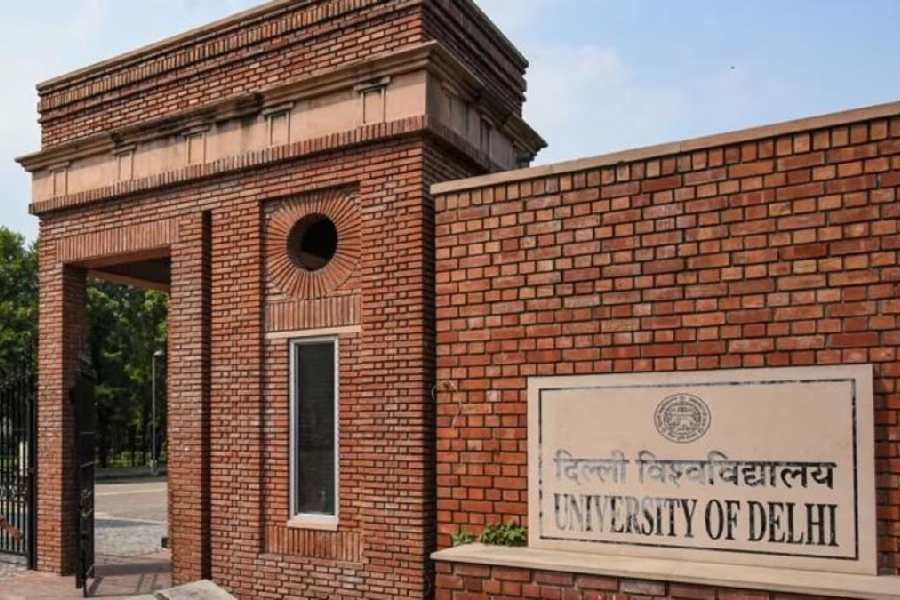The Union budget has proposed a slew of tax tweaks for the distressed real estate sector in order to boost sagging demand by encouraging home buyers to acquire multiple properties.
Finance minister Piyush Goyal announced at least five measures in the interim budget on Friday, addressing both developers and the homeowners.
For homeowners
The budget has proposed to do away with notional rental income arising out of owning a second self-occupied property.
“At present, income tax on notional rent is payable if one has more than one self-occupied house. Considering the difficulty of the middle class in having to maintain families at two locations on account of their job, children’s education, care of parents etc, I am proposing to exempt levy of income tax on notional rent on a second self-occupied house,” Goyal said in the budget.
Second, the government has allowed capital gains arising out of the sale of a property to be invested in two properties instead of one at present. This benefit will be accorded only once in a lifetime and for a capital gain of up to Rs 2 crore.
As of now, an individual or an HUF would not have to pay tax on capital gains arising out of the sale of a property if she buys a ready property within two years of sale or invests in an under-construction property within three years. If the sale value is more than the value of the newly acquired one, tax at the rate of 20 per cent is applicable on the difference with indexation benefit and 10 per cent without indexation.
“The benefit of rollover of capital gains under section 54 of the income tax act will be increased from investment in one residential house to two residential houses for a tax payer having capital gains up to Rs 2 crore. This benefit can be availed once in a lifetime,” the minister said in Parliament.
Third, the government also raised the threshold for tax deducted at source on rental income to Rs 20,000 a month from Rs 15,000 a month.
According to Ashok Shah, partner of N A Shah Associates LLP, this will help only those who let out apartment/house to a corporate or a partnership firm. In other words, there was and will be no incidence of TDS on property let out to individuals.
“This will cut the hassle of deducting TDS, submit the tax and then claim refund, if any to more properties,” he added.
For developers
The budget proposed exemption from the levy of tax on notional rent on unsold inventories from one year to two years.
Anuj Puri, chairman of property consultancy Anarock, welcomed the move. “It will benefit the housing sector as currently there are more than 6.73 lakh unsold units across the top seven cities,” Puri said.
Moreover, in a bid to encourage developers to build more affordable housing, the budget proposed exemption of income tax for one more year.
“To make more homes available under affordable housing, the benefits under Section 80-IBA of the income tax act is being extended for one more year, that is to housing projects approved till March 31, 2020,” Goyal said.
According to Ramesh Nair, CEO and country head of JLL, this will help the Narendra Modi-government to achieve the housing-for-all target by 2022.
“This extension within the deadline of March 2020 not only ensures continued interest of developers involved in the construction of affordable housing projects but will also attract new companies to the segment,” Nair said.
According to Sushil Mohta, managing director of Merlin Projects, exemption of tax for an income bracket of up to Rs 5 lakh of taxable income may prove to be a demand driver for the affordable segment.
Unfinished agenda
The tweaks announced in the budget will not add up to the possible reduction in the GST rate on under-construction property, which now stands at 12 per cent.
The finance minister referred to this demand driver in his speech saying a committee has been formed by the GST Council to look into the matter.

Industrialists at a budget discussion organised by the Indian Chamber of Commerce in Calcutta on Friday. Bishwarup Dutta











